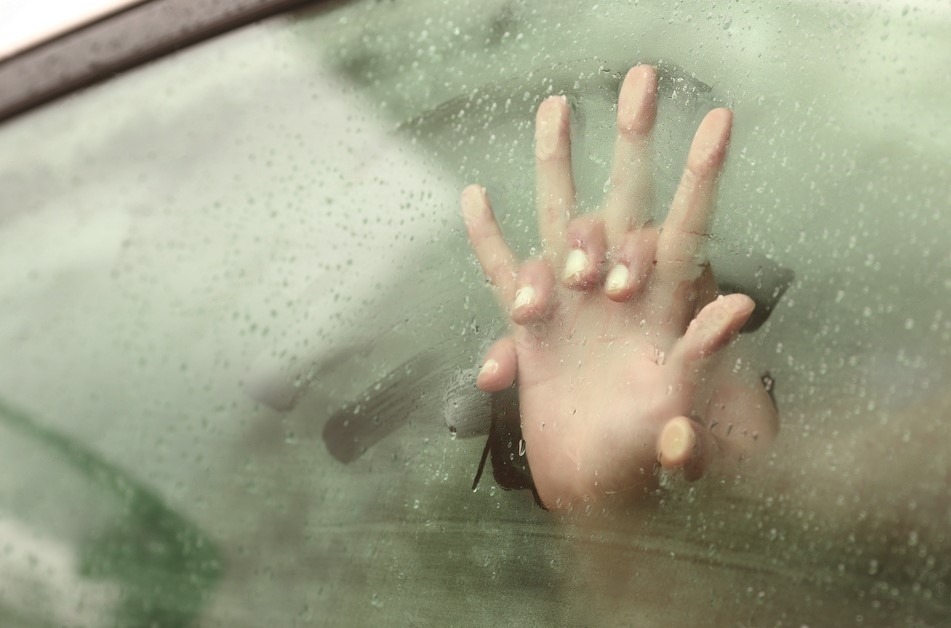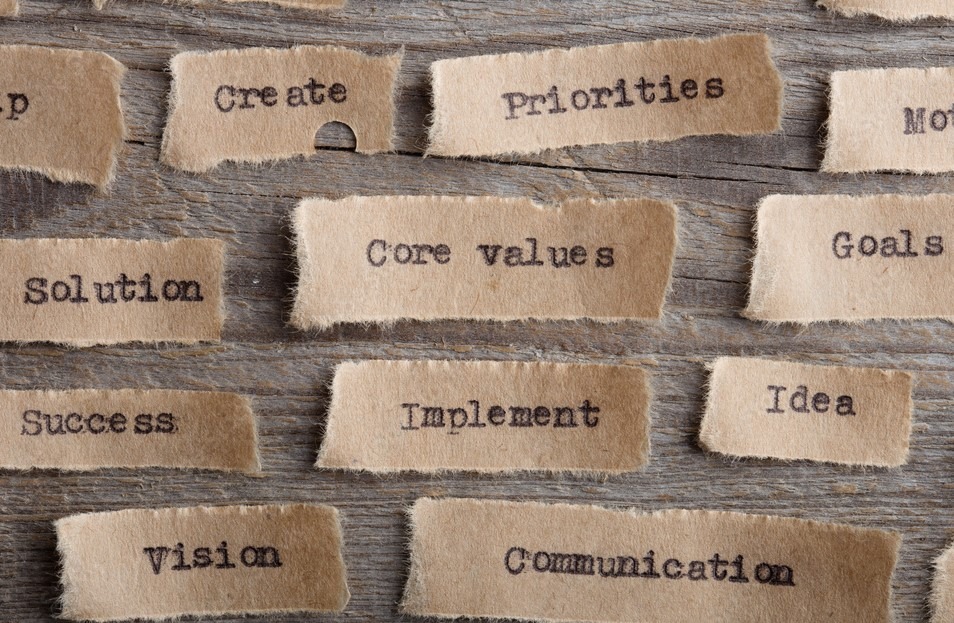At one time or another, folks might wonder if their behaviours are bordering on overuse. For example, folks might start to question their overuse of alcohol during occasions where alcohol takes up time, energy, or money. While this article focuses on alcohol, it’s helpful to remember that the signs of overuse can come up with marijuana, prescription medication, and other substances. The same rules apply for overdoing behaviours like shopping, gambling, sexual activity, and many more!
How do we know when things are becoming unhelpful for us? The biggest one is your “gut” feeling. You may feel like something is off and you’re trying to find an answer. Once you’ve started looking for information you’ve taken that first step towards change! If you’re not quite there, here are a few “warning signs” of overuse.
Common Signs of Overuse
Work/School
Sometimes, with work or school, the impacts of alcohol can be really obvious. Showing up late, calling in sick, or not showing up at all are big tells that something isn’t quite right with your level of use. What about the less obvious ones? Feeling tired all the time, feeling really irritable or anxious, and having difficulty staying on task are just a few of the signs that tend to fly under the radar.
Family, Friends, and Loved Ones
When alcohol or alcohol related behaviour begins to impact your loved ones, you might start hearing questions about “Are you okay?” or “You’ve been drinking a lot lately”. Even though these questions can feel really frustrating or invasive, they’re coming from a place of concern. If you disagree, that’s okay! Just take note that someone felt that they had to mention it to you. They might not, you might notice that people close to you are less interested, more distant, and they’re not calling as much as they used to.
Financial
This can be difficult to nail down because some activities that aren’t causing difficulties can also have a large financial impact. If you are constantly increasing spending on alcohol or alcohol related activities, it can definitely show that there is something to be concerned about. Take note of smaller paychecks as well or an increase in bills as they can show the impact on the other areas.
Hobbies
Are you able to keep up with your other hobbies? Do you still want to do them or is drinking becoming more important? This happens over time. You might not have noticed that the other things you usually enjoy haven’t been coming up as often. If it was a group hobby, maybe you haven’t been invited as often as you used to be.
Physical
Remember when I said you might be too tired for work? A decrease in concentration, feeling like you can’t remember as well as you used to, or your mind feeling foggy. Checking in with yourself and scanning your whole body for discomfort is important. What’s changed lately? One of the most common is a decrease in sleep duration or quality. Occasionally you feel much more energetic during or after drinking but then feeling exhausted. It’s more than just a hangover, but if you’re having them more frequently it’s a point to consider.
Emotional
There can be a lot of different emotional reactions. Most common are irritability, switching moods very quickly, and feeling depressed more often. These emotions can feel overwhelming or more intense when you stop drinking. Maybe not right away, but if you don’t drink for a few days to a few weeks, you’ll start to notice changes in your emotional state.
Spiritual
Spiritual practices are highly personal. If you’re a member of an organized religion, follow your own spiritual guidance, or like to be connected with something else out there, you’ll notice that drinking leaves an impact on your spirituality as well. These are individualized but we can give you some examples of what can happen. You may stop attending or participating in your practices, you might not feel as “connected” with your guiding principles or being (s), and you may have difficulty engaging with your community surrounding your practices.
Is it overuse?
Sometimes a label can help focus your thoughts, but you don’t need a label to start working on yourself. If you feel off, even slightly out of control, or have had someone you care about ask if you are okay, you might want to consider changing things up.
You don’t have to commit to changing at all, or right now, or forever. There are always choices. You can decide to try something new, cut back, stop drinking, or continue drinking. Most importantly, these changes don’t have to be permanent. If it feels restrictive you can say you want to not drink for this moment. See how that makes you feel.
What can I do about overuse?
The best thing you can do is recognize that something is not working for you anymore. Even if it is a hint that it may be off, try some of these suggestions:
- Take a break – In the substance use world, this can be called a tolerance break. It is a period where you do not engage drinking. This can be done for several reasons not just because you are worried! Sometimes people take a break to bring back the spark in an activity or to reset their literal tolerance for alcohol or marijuana.
- Delay the activity – If taking a break is too overwhelming, try to put drinking off for 2 seconds, 2 minutes, ½ hour, or a day. Check in with yourself about the urge to go drink.
- Find something similar – Even a delay can feel like too much sometimes. When this happens, I encourage you to find a similar activity. Instead of grabbing that beer, grab a can of sparking water or apple juice, instead of going to the casino, watch wheel of fortune!
- Start keeping track – This can be the amount of alcohol you are drinking or marijuana you are smoking, the amount of money you have lost, or the amount of time you’ve put into something. Really look at what you are doing and keep tabs regularly.
- Monitor your mood – Through all of this, consider keeping up with how you are feeling. When you are drinking, when you are not, if you have done it for days straight or when you haven’t done it at all. See how each situation actually makes you feel.
- Make a list – A top ten list! Instead of your favorite things, try to make a top ten list of the things that are most important to you. Then make a second list of the top ten things you spend the most amount of time on. Be as honest as possible. See if these two lists line up and then think about where you want to spend the most of your time.
How we can help
At Unstuck, we can help you understand the underlying struggles that lead to drinking, smoking, or any impulsive actions. The increase in focus on drinking can be started by a recent stressor or the way that it makes you feel. For the short term, this is usually not a problem, but in the long term then we can see the impacts described above. Usually, these behaviours are maintained or encouraged by your past experiences. Here at Unstuck, we know that the past informs the present. Let us help you work through the past so that you can enjoy your present by booking a risk-free consultation!
Angela McLeod, Registered Psychologist
References
Laudet, A. B. (2011). The case for considering quality of life in addiction research and clinical practice. Addiction Science and Clinical Practice, 6(1), 44-55.
Marlatt, G. A. & Gordon, J.R. (Ed.). (1985). Relapse Prevention: Maintenance strategies in the treatment of addictive behaviors. New York: Guilford Press.
U.S. Department of Health and Human Services (HHS), Office of the Surgeon General, Facing Addiction in America: The Surgeon General’s Report on Alcohol, Drugs, and Health. Washington, DC: HHS, November 2016.












